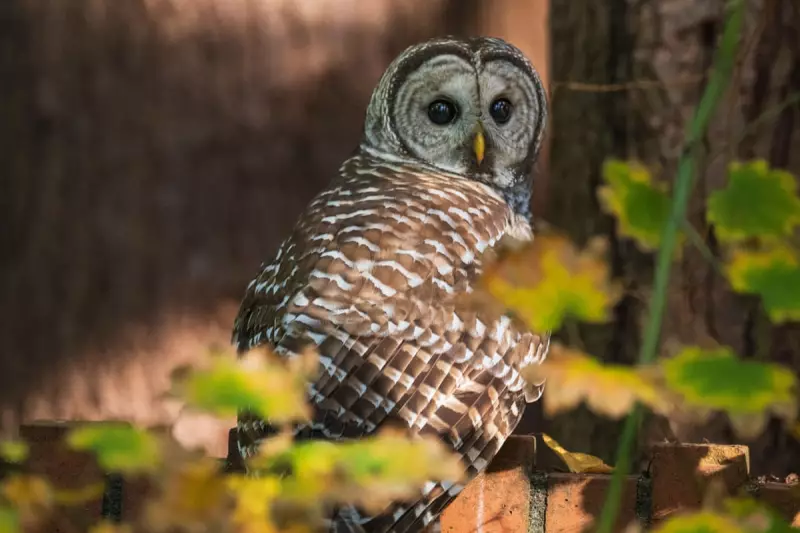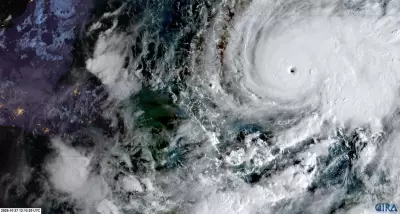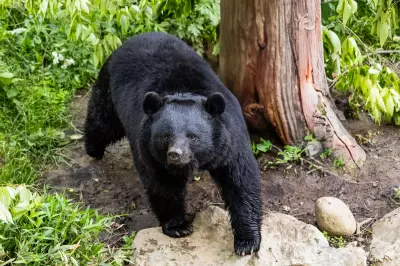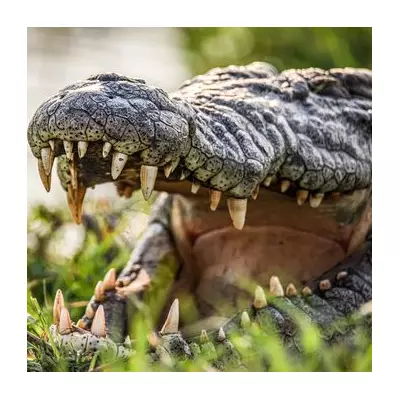
In a dramatic environmental policy shift that has sent shockwaves through conservation circles, the United States Senate has moved to block federal protection for the northern spotted owl, a species teetering on the brink of extinction.
Senate Intervention Halts Conservation Efforts
The controversial decision, passed as part of broader legislative measures, explicitly prohibits federal agencies from implementing or enforcing protections specifically designed to safeguard the northern spotted owl's dwindling population. This represents a significant reversal of decades-long conservation efforts aimed at preserving this iconic bird species.
Conservationists Sound the Alarm
Environmental groups have reacted with dismay to the Senate's intervention. "This decision effectively signs a death warrant for the northern spotted owl," warned Dr. Eleanor Vance, senior conservation biologist at the National Wildlife Federation. "We're watching decades of careful conservation work being systematically dismantled."
Economic Interests Versus Environmental Protection
The Senate's move appears to prioritise timber industry interests and land development concerns over species protection. Supporters of the measure argue that previous conservation regulations have placed undue economic burdens on logging communities and private landowners in the Pacific Northwest.
Senator Richard Carlson, who championed the provision, stated: "We must balance environmental concerns with the economic realities facing our rural communities. The previous protections were overly restrictive and failed to consider their devastating impact on local livelihoods."
A Species in Peril
The northern spotted owl, once a symbol of successful environmental advocacy, has seen its population decline dramatically in recent years due to:
- Habitat loss from logging operations
- Competition from the more aggressive barred owl
- Climate change impacts on its forest ecosystem
- Increased human development in remaining old-growth forests
Legal and Environmental Fallout Expected
Conservation organisations are already preparing legal challenges to the Senate's decision, arguing it violates foundational environmental legislation including the Endangered Species Act. The move is likely to trigger a protracted legal battle that could determine the fate of not just the northern spotted owl, but potentially other threatened species facing similar political pressures.
As this environmental drama unfolds in Washington, the future of one of America's most emblematic bird species hangs in the balance, raising fundamental questions about how society values biodiversity against economic development.





